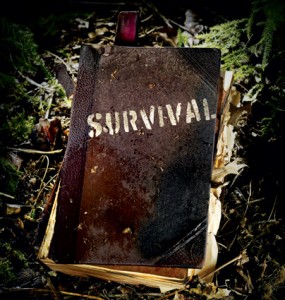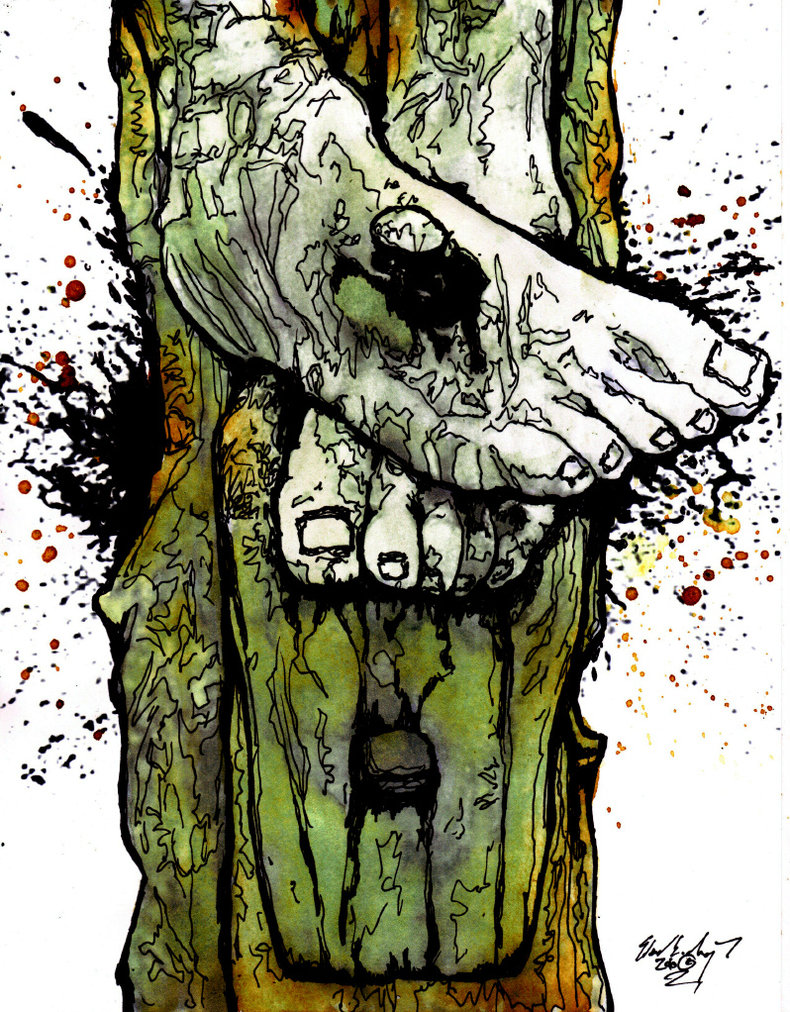With a blizzard in the New England forecast this week and next month’s 37th anniversary of the Blizzard of 1978, I thought this might be of use:
Mood music:
http://youtu.be/6-WMbP1RcC4
I got a message awhile back from a mom who reads this blog regularly. I’ll keep her anonymous but share some details of the note:
“My son, only 7, has suffered from pretty severe anxieties about weather over the past 3 or so years. It took me forever to figure out what was going on (the doctors couldn’t) and finally found an amazing counselor for him that has given him the tools to deal. But still it is a lot for a little kid.”
Since this one really hits me where I live, I’m going to take a stab at offering something useful. But be warned first that I AM NOT a doctor. It’s also important to note that one person’s perfect solution might make things worse for another individual. What I offer is simply based on my own personal experience and some of what I’ve read from smart people in the medical community.
Tricky stuff, mental illness is.
I do think there’s good news for children who suffer:
1.) Getting the right help early will spare him/her from a lot of pain later on.
2.) Children seem to learn things like coping mechanisms more readily than adults.
3.) If a kid has to deal with any form of mental anguish, anxiety is probably one of the more natural, normal reactions to life. Even the healthiest of children live with a certain level of fear. My kids are healthy boys, mentally and physically, but they still crawl into bed with Mom and Dad in the middle of the night because their minds are spinning with worry over a ghost story they heard in school.
What really resonated with me is that this child gets anxiety over the weather. It’s been nearly 35 years since I watched in fear as the ocean rose up and ripped apart my neighborhood along the northern edge of Revere Beach in Massachusetts during the Blizzard of 1078..
Houses were torn from their foundations. Schoolmates had to stay in hotels for a year or more while their homes were rebuilt. The wind tore the roofing off some of the pavilions lining the beach.
Every winter since then, every nor’easter riding up the coast filled me with anxiety. The TV news doesn’t help. Impending storms are more often than not pitched as the coming apocalypse.
From the late 1970s straight through the 1990s, I’d shake from weather reports mentioning the Blizzard of 1978 with each new storm. As a young adult, I developed a pattern of throwing a blanket over my head and going to sleep. That’s exactly what I did in 1985 when Hurricane Gloria grazed us and, at age 21 in August 1991, when New England took a direct blow from Hurricane Bob.
My step-sister still likes to bring up how, on the morning Hurricane Bob was coming, I came into her room and yelled at her to wake up, telling her, “This aint no (expletive) Gloria.” That was me in OCD mode.
That rough weather scared the heck out of me as a kid, I think, was perfectly normal. Carrying that same fear and anxiety well into adulthood? Probably not so normal.
In more recent years, I’ve overcome that fear, and I actually like a good storm now and again. I love to drive through the snow. And when Washington D.C. got smacked with 30-plus inches of heavy snow in a blizzard in 2010, I gleefully walked the streets as the storm continued to rage.
That’s my long-winded way of saying this 7-year-old probably — hopefully — will grow out of his weather-based anxiety, and hopefully sooner than I did.
I think the best thing his mom can do is talk him through it, explaining that weather changes all the time and we usually get through the rough stuff just fine, even if a tree is blown over.
I’d tell him it’s ok to be concerned about a coming storm, but that the storm always passes and is followed by the sun.
When the TV news starts to hype up a storm, make fun of them for making mountains out of molehills. Sometimes, the hype is warranted, like when Hurricanes Katrina and Andrew came along. The Blizzard of 1978 certainly lived up to the hype. But most of the time, the media exaggerates the importance of a storm, and they deserve to be picked on for it, especially if it makes a little kid feel better.
Now, for those seeking a more scientific, medically-grounded piece of advice on treating childhood anxiety, I once again direct you toward the excellent WebMD site. I did some digging and found some helpful tips, which include the following:
Professional counseling is an important part of the treatment for depression. Types of counseling most often used to treat depression in children and teens are:
- Cognitive-behavioral therapy, which helps reduce negative patterns of thinking and encourages positive behaviors.
- Interpersonal therapy, which focuses on the child’s relationships with others.
- Problem-solving therapy, which helps the child deal with current problems.
- Family therapy, which provides a place for the whole family to express fears and concerns and learn new ways of getting along.
- Play therapy, which is used with young children or children with developmental delays to help them cope with fears and anxieties. But there is no proof that this type of treatment reduces symptoms of depression.
Hope that helps!
“Blizzard of ’78,” by Norman Gautreau, depicting the devastation of Revere Beach following The Blizzard of 1978:













